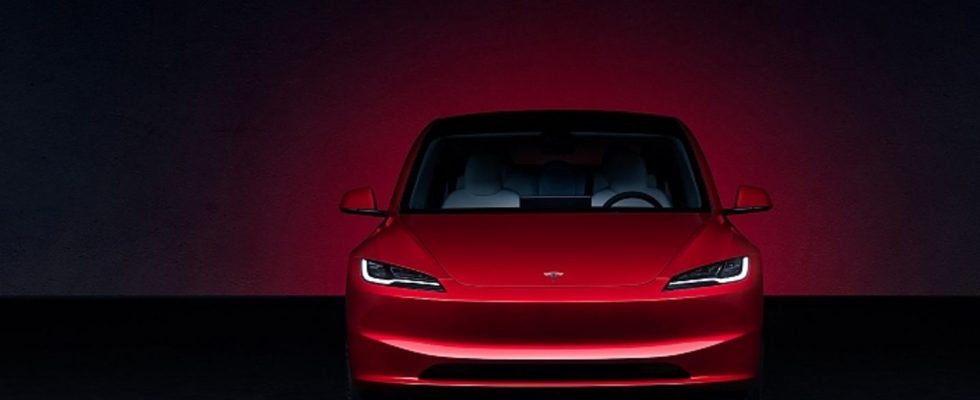Mozilla study
Age, driving style, sexual activity: What cars collect about their customers
Tesla brings up the rear in Mozilla’s car sniffing test
© press-inform – the press office
Modern cars are essentially moving computers – and also process huge amounts of data. The Mozilla Foundation has now evaluated what the manufacturers want to know about us. And was horrified.
Large touchscreens, direct connection to the smartphone and tons of sensors: Cars have long since become more than just dumb machines and offer the driver a lot of smart support. However, the resulting data is protected surprisingly poorly by the manufacturers, shows a study by the Mozilla Foundation. On the contrary: Some manufacturers allow themselves the right to snoop on even the most intimate details about users. And if in doubt, also sell it to third parties.
“When it comes to data protection, cars are the worst product category we have ever tested,” the authors summarize harshly in their study. Every single one of the 25 car brands tested failed – whether Mercedes, Audi or Kia. “While we worry about our connected doorbells and smartwatches spying on us, the automotive industry has quietly entered the data business in a big way,” the study concludes. “How? By turning their vehicles into data-hungry surveillance devices that, thanks to the most modern gadgets and bells and whistles, have unprecedented opportunities to watch you, listen to you and collect information about what you do in your car and where you go.”
Spying cars
The study considers the sheer extent of options for collecting data to be problematic – and that very few drivers are likely to be aware of this. The countless sensors, cameras and additional access to smartphone data through the apps result in a surveillance potential that is almost unimaginable. From driving behavior, whereabouts to personal data such as age and interests, biometrics such as facial recognition to sexual behavior and preferences, the study names a hard-to-believe 165 categories in which car manufacturers claim to collect data – and then reserve the right to evaluate it.
The fact that some of the categories are suspicious – such as sexual preferences – may also be due to the fact that Mozilla does not know specifically whether and how the manufacturers actually collect the data. The study primarily evaluated the usage guidelines and has no insider knowledge of which manufacturers actually collect which data. It is conceivable that some manufacturers simply want to ensure that they do not accidentally create evaluable data sets that then contradict the terms of use. Since the users cannot know this either, there is of course always a risk. And: None of the manufacturers encrypt the data in the vehicle itself.
Paypal, Tesla, SpaceX
Elon Musk: His companies, his family – the richest person in the world in pictures
Tesla is at the bottom
Curiosity is not the same among all manufacturers. The absolute bottom is Tesla. Elon Musk’s electric car forge does something impressive: “Tesla is only the second product we have ever reviewed that received all of our data protection warning signals,” explains Mozilla. After all: Unlike other companies, the manufacturer would expressly emphasize that it will resell the data.
Nissan comes in second to last place “because the company collects data from the most concerning categories we’ve ever come across.” In addition to all kinds of car data, the manufacturer also wants to store data on genetics, psychology, tendencies, intelligence and sexual activity. And you can then pass these on to third parties and sell them. Kia is also curious about its customers’ sexual behavior. Toyota stands out negatively in another way: the manufacturer presents its customers with a dozen data protection declarations for approval. The manufacturers with the fewest flaws are Renault and Dacia.
Source: Mozilla


